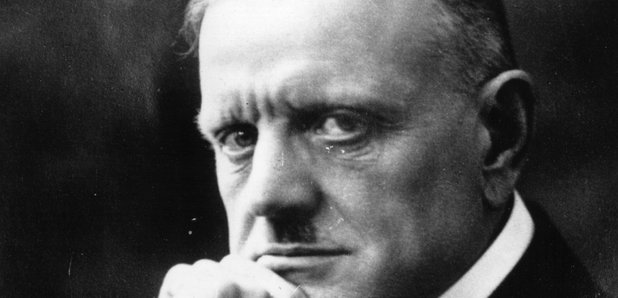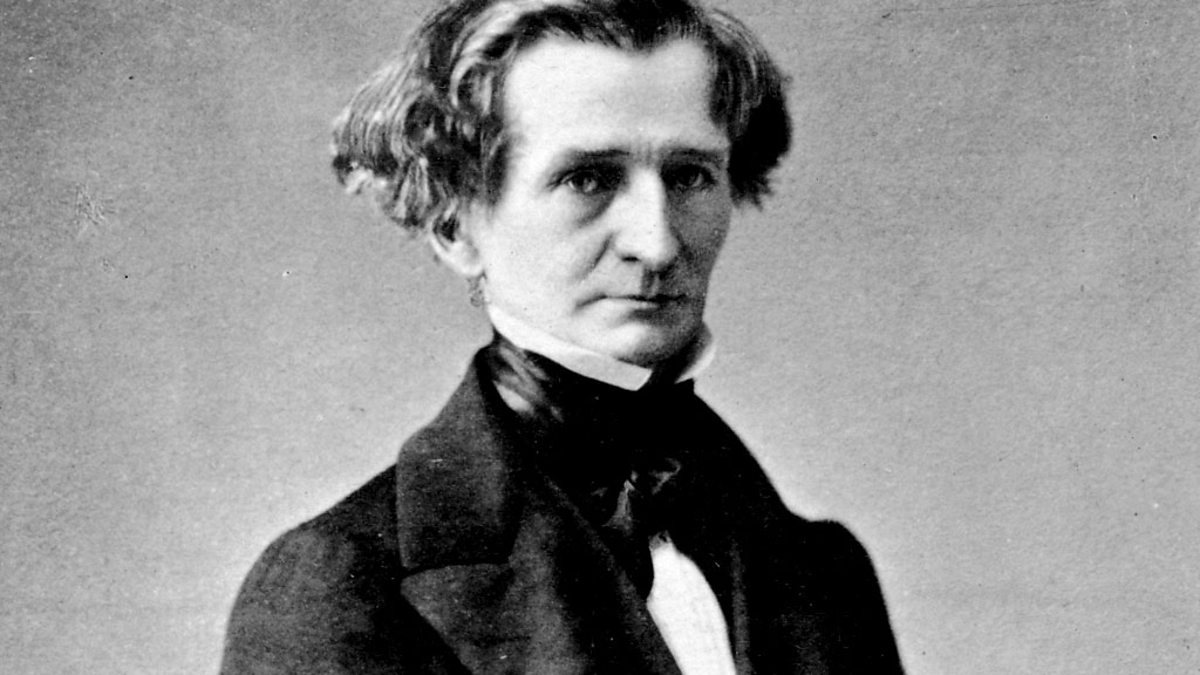Tchaikovsky’s Winter Daydreams
What’s in a name? In the case of Tchaikovsky’s First Symphony, completed in 1866, it’s hard to say for sure. Tchaikovsky gave the work the descriptive title, Winter Daydreams (the first and second movements are subtitled, Dreams of a Winter Journey and Land of Desolation, Land of Mists). Beyond these descriptive phrases, the First Symphony remains pure music, without a program. At moments, the music may suggest the play of sunlight and shadow on a …





